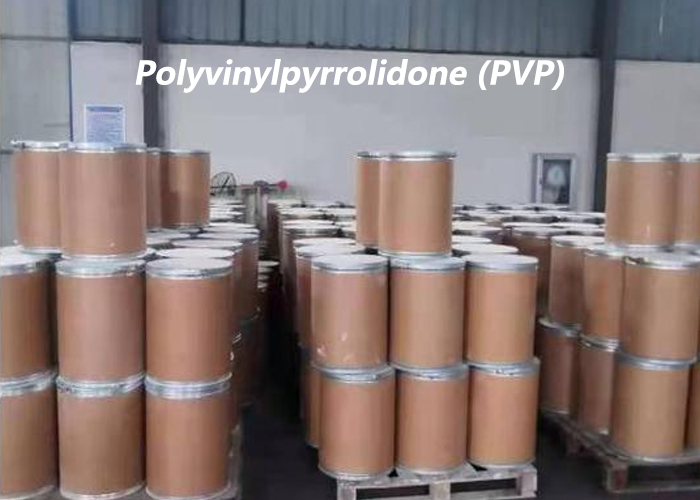Polyvinylpyrrolidone (PVP) in Modern Applications
Polyvinylpyrrolidone (PVP) is a versatile polymer widely used across pharmaceuticals, cosmetics, food, and industrial applications. Due to its unique solubility, binding ability, and film-forming properties, PVP has become an essential material in global markets. Different grades, such as polyvinylpyrrolidone k15 and polyvinylpyrrolidone k30, are tailored to meet the needs of various industries.
1. Binding and Film-Forming Properties
One of the most important features of polyvinylpyrrolidone is its strong binding capacity. In pharmaceutical tablets, PVP acts as an excellent binder, ensuring uniformity and stability. Especially, polyvinylpyrrolidone k30 is favored for its balance between viscosity and solubility, making it ideal for tablet production. In the cosmetics field, PVP is commonly used in hair sprays and skincare products because it forms a stable, flexible film that resists cracking.
2. Solubility and Compatibility
Polyvinylpyrrolidone is highly soluble in both water and many organic solvents, giving it broad compatibility in formulations. This makes PVP an irreplaceable excipient in injectables and liquid preparations. For lower viscosity needs, polyvinylpyrrolidone k15 is commonly applied, as it dissolves quickly and blends seamlessly with active ingredients. Both polyvinylpyrrolidone k15 and polyvinylpyrrolidone k30 are widely recognized for their safe, non-toxic profiles.
3. Stabilization and Dispersion Functions
Another major application of polyvinylpyrrolidone is in stabilizing suspensions and dispersions. PVP prevents active ingredients from settling or aggregating, which is particularly important in food and beverage formulations as well as pharmaceutical suspensions. Polyvinylpyrrolidone k30 provides excellent dispersion control, while polyvinylpyrrolidone k15 works effectively in systems requiring fast dissolution.
4. Industrial and Technical Uses
Beyond pharmaceuticals and cosmetics, polyvinylpyrrolidone has significant industrial value. In adhesives, coatings, and inks, PVP enhances adhesion, stability, and surface uniformity. Polyvinylpyrrolidone k30 is often used in adhesives due to its superior binding effect, while polyvinylpyrrolidone k15 is applied in coatings requiring lower viscosity but consistent film performance.
5. Choosing the Right Grade
When selecting polyvinylpyrrolidone, understanding the grade is essential. Polyvinylpyrrolidone k15 is suitable for products requiring low viscosity, rapid solubility, and high compatibility, while polyvinylpyrrolidone k30 is chosen for applications needing stronger binding, higher viscosity, and stable film formation. Both grades of PVP offer flexibility to formulators, ensuring optimal results in different applications.